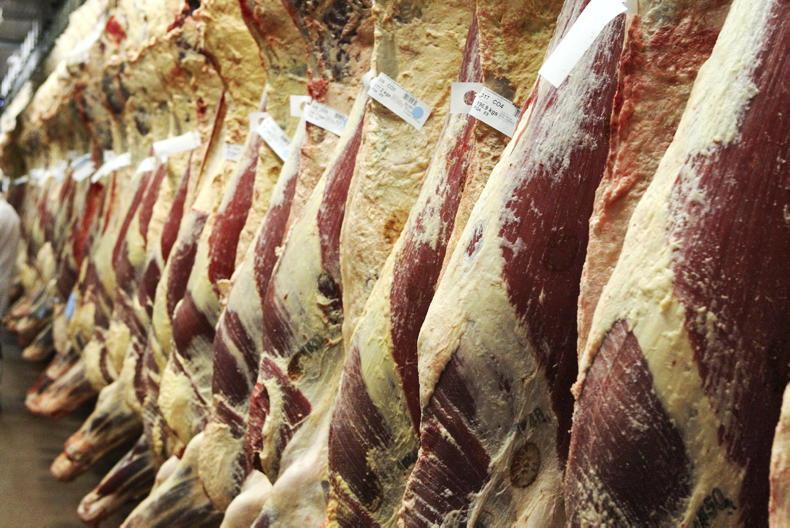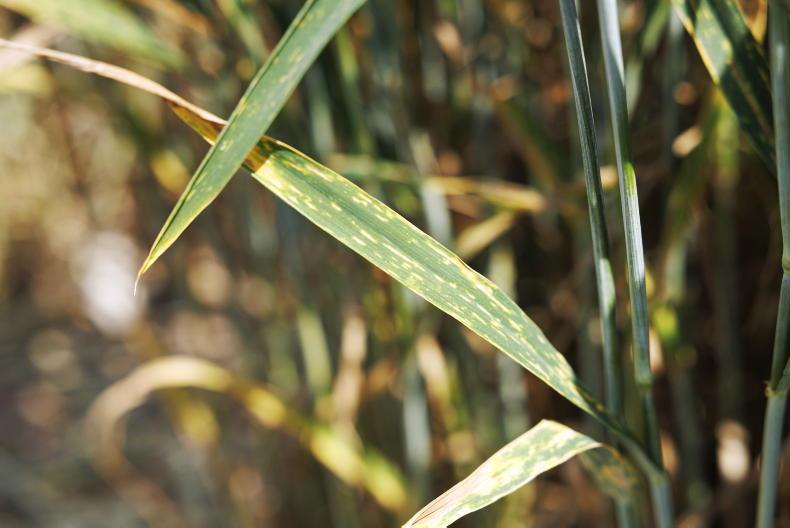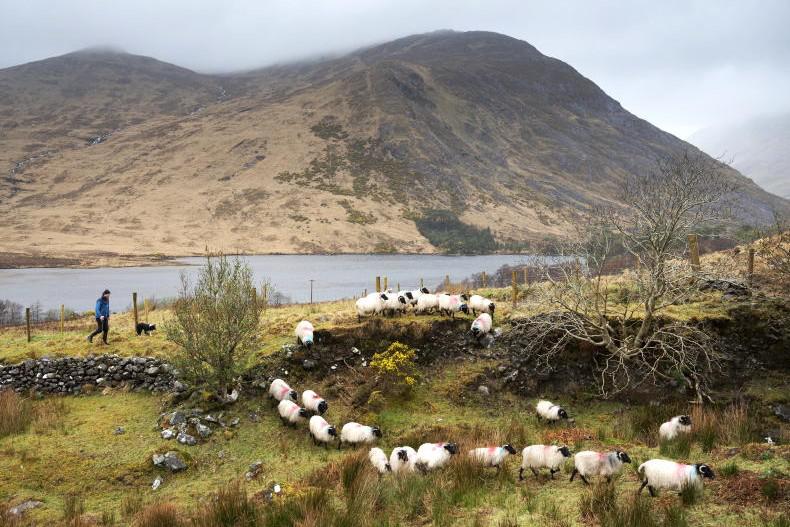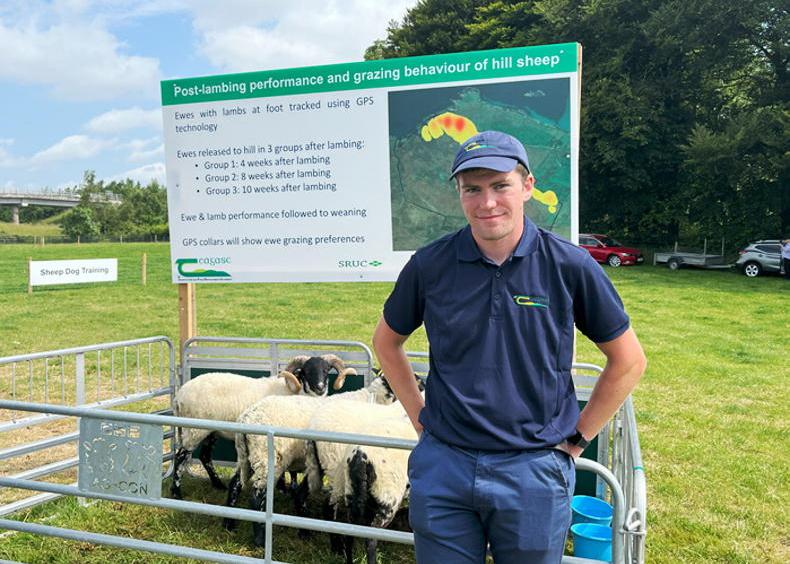There are changes on the horizon for the Teagasc Mellows Campus in Athenry, Co Galway, following the recent retirement of Professor Michael Diskin. Michael had been in charge of the Mellows Campus for 16 years and has served as head of the Teagasc Animal and Bioscience research department and sheep enterprise leader.
Michael’s retirement calls time on a long career spanning across beef and sheep research. Much of Michael’s early career was in the field of beef reproduction, where he developed a strong international reputation as a reproductive physiologist.
He was also awarded the Teagasc Gold Medal in 2018
He has published over 130 papers and in 2008 was appointed adjunct professor in the school of Agriculture, Food Science and Veterinary Medicine in UCD in light of his scientific achievements. He was also awarded the Teagasc Gold Medal in 2018, which recognises a Teagasc member’s contribution to the organisation and to the agriculture and food sectors.
Sheep programme
As sheep enterprise leader, Michael has been credited with playing a leading role in the development of the Teagasc BETTER Farm Sheep Programme and has overseen a number of major sheep events in Mellows Campus, including Sheep 2012, Sheep 2015 and Sheep 2018. The role as head of Mellows Campus has not been without its challenges, the greatest of which came with the sale of part of the campus to the IDA in 2006 and the introduction of a suckler herd to the lands in 2015.
In recent years, Michael steered an extensive research programme in developing finishing strategies for hill lambs. This has been vital with the collapse of light lamb markets.
Role replacement
There has been no replacement announced yet, with the role being managed in the interim by Pat Dillon, head of Teagasc Animal and Grassland Programme. The sheep research portfolio is in a strong position, with a young team of 67 research staff equivalents and nine students currently undertaking research.
There is continued research taking place
The research programme has also been expanded following the recent acquisition of 10ha of additional lands adjacent to the campus, with half of this already incorporated into the programme and the remainder undergoing some development before being incorporated. This has allowed greater research to be done in the area of production systems and alternative forages. There is also a much greater focus on greenhouse gas emissions, sustainability and efficiency of production, all of which will be important factors in the years ahead.
There is continued research taking place on the effect of age at lambing on lifetime performance, mineral nutrition and lamb mortality, parasitology, finishing hill lambs and meat quality and breeding and genetics (including the INZAC trial).
The Irish Farmers Journal would like to thank Michael for his contribution to sheep research and wish him every success in his retirement.










SHARING OPTIONS